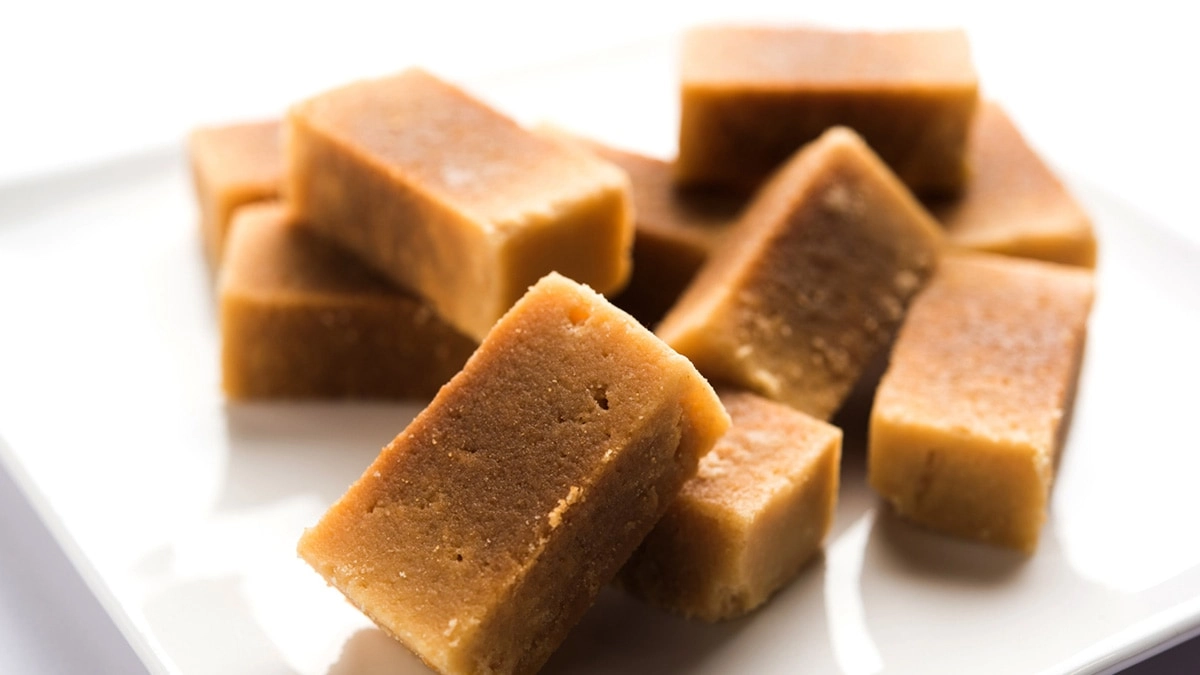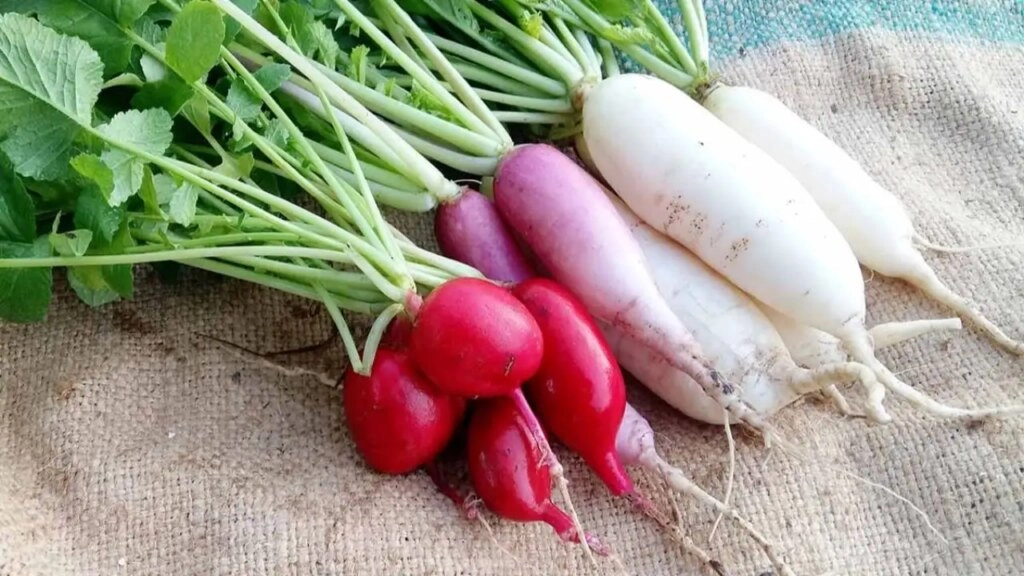In the midst of a heated debate over the renaming of a beloved Indian sweet, Mysore Pak, the great-grandson of its inventor has made a poignant statement: “There can be no other name.” This declaration is not merely a reflection of nostalgia but a deep-seated reverence for the cultural significance and historical roots of the delicacy. Mysore Pak, a rich confection made from gram flour, ghee, and sugar, has long been cherished not only in Karnataka but across India, symbolizing a culinary legacy that transcends generations. The sweet, with its origins tracing back to the royal kitchens of Mysore, is a testament to the rich heritage of Indian sweets and the artistry involved in their creation.
The controversy surrounding the name change has sparked discussions about cultural identity, heritage, and the modern interpretation of traditional practices. As the great-grandson highlights, renaming such an iconic dish could dilute its historical significance and the stories woven into its existence. Mysore Pak is not just a sweet; it encapsulates a narrative of craftsmanship and tradition that has been upheld through the years. Those advocating for the retention of its original name argue that it serves as a link to the past, preserving the legacy of its creator, who brought joy to countless palates with this delectable treat.
Furthermore, the renaming discourse opens up broader conversations about how we honor and respect our culinary heritage in an age where global influences are reshaping local traditions. It’s essential to consider the implications of such changes, as they can lead to a loss of identity and a disconnect from cultural roots. The great-grandson’s insistence that “there can be no other name” underscores the importance of maintaining authenticity in a rapidly changing world. As communities grapple with modernization and globalization, the preservation of traditional names like Mysore Pak becomes a matter of cultural pride and continuity.
Ultimately, this debate is a reflection of a larger struggle to maintain cultural heritage in the face of change. It emphasizes the need to celebrate and protect the culinary treasures that define regional identities. As the conversation continues, it is vital for all stakeholders to engage in respectful dialogue that honors the past while also considering the future. The legacy of Mysore Pak, as articulated by its great-grandson, serves as a reminder that some names carry with them not just flavors but also rich histories that deserve to be cherished and preserved for future generations.




